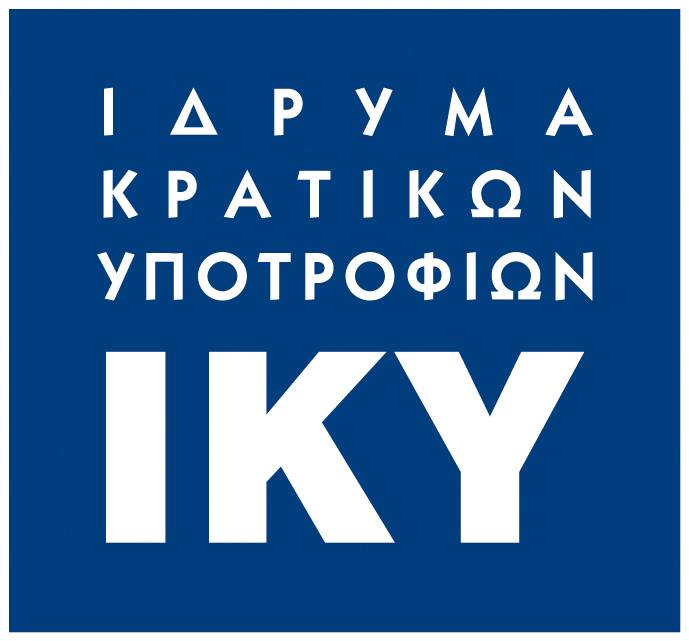
Pupils can take part in European mobility projects, on condition that the school where they study (primary and secondary level) participates in Erasmus+. More precisely, participating pupils must be enrolled in a sending school. The mobility of pupils must be foreseen in the project. Beneficiaries are primary, lower secondary and upper secondary school pupils.
Erasmus+ / Youth
Erasmus+ in the field of Youth supports the following actions:
Key Action 1:
- Mobility opportunities for accredited Erasmus organisations in the field of youth
- Mobility projects for young people – “Youth exchanges”
- Mobility projects for youth workers
- Youth participation activities
- Mobility projects for young people – DiscoverEU Inclusion Action”
Key Action 2:
- Cooperation Partnerships
- Small-scale Partnerships
Young people wishing to take part in Erasmus+ in the field of youth can participate – irrespective of their status (pupil or student) – in non-formal and informal learning projects. An age limit applies to some of the above actions. More precisely, young people aged between 13 and 30 can participate in mobility projects for young people – “Youth exchanges” and in youth participation activities, while young people aged between 18 and 30 can participate in mobility projects for young people – DiscoverEU Inclusion Action”.
A young person can take part in Erasmus+ activities in the field of youth either through an organisation or by creating his/her own informal group. Informal groups of young people cannot participate in Key Action 2.
An informal group of young people must comprise at least four young people between 13 and 30 years old. One of the members of the group who is at least 18 years old assumes the role of representative and takes responsibility on behalf of the group.
For more detailed information, visit Erasmus+ in the field of youth.
Students can carry out an Erasmus+ mobility abroad either for studies or for traineeships. Participants are given the opportunity to discover new countries, different cultures and educational systems as well as to enrich their knowledge or gain new knowledge on a variety of scientific fields.
The mobility of students is divided into long-term or short term mobility. Long-term physical mobility can last between 2 and 12 months in total per study cycle (bachelor, master, doctoral level), excluding travel time.
Any student, in particular those who are not able to participate in a long-term physical mobility for studies and/or for traineeships, for example, due to their study field or because they have fewer opportunities for participation, may combine a shorter physical mobility abroad.
Physical mobility can last between 5 and 30 days (excluding travel time) and be combined with a compulsory virtual component (e.g. online learning and teamwork). A virtual component is not obligatory for doctoral candidates.
Students coming from socially vulnerable groups can apply for an additional monthly grant support under long-term or short-term mobility.
Read the grant support amounts here.
Any mobility period abroad can be also carried out as blended mobility activity.
Tip: Interested students and staff must contact the Erasmus+ Office of their university in order to be advised on the procedure and the conditions for participation.
Read here the conditions for the participation of pupils and students in Erasmus+/ Youth.
Erasmus+ / Νεολαία
Το Erasmus+ στον τομέα της Νεολαίας υποστηρίζει τις ακόλουθες δράσεις:
Βασική Δράση 1:
- Ευκαιρίες Κινητικότητας για Διαπιστευμένους Οργανισμούς Erasmus στον τομέα της Νεολαίας
- Σχέδια Κινητικότητας για Νέους-«Ανταλλαγές Νέων»
- Σχέδια Κινητικότητας για Εργαζομένους στον τομέα της Νεολαίας
- Δραστηριότητες Συμμετοχής των Νέων
- Σχέδια Κινητικότητας για Νέους-Δράση Ένταξης DiscoverEU
Βασική Δράση 2:
- Συμπράξεις Συνεργασίας
- Συμπράξεις Μικρής Κλίμακας
Οι νέες και οι νέοι που επιθυμούν να λάβουν μέρος στο Erasmus+ στον τομέα της Νεολαίας, μπορούν να πάρουν μέρος ανεξάρτητα από την ιδιότητά τους (μαθητής ή φοιτητής) σε σχέδια βασισμένα στη μη τυπική και άτυπη μάθηση. Σε ορισμένες από τις παραπάνω δράσεις υπάρχει ηλικιακό όριο. Συγκεκριμένα, στα Σχέδια Κινητικότητας για Νέους-«Ανταλλαγές Νέων» και στις Δραστηριότητες Συμμετοχής των Νέων μπορούν να λάβουν μέρος νέοι ηλικίας 13-30 ετών, και στα Σχέδια Κινητικότητας για Νέους-Δράση Ένταξης DiscoverEU λαμβάνουν μέρος νέοι 18-30 ετών.
Μία νέα και ένας νέος μπορούν να συμμετέχουν στις δράσεις του Erasmus+ στον τομέα της Νεολαίας είτε μέσω κάποιου οργανισμού είτε μπορούν να δημιουργήσουν τη δική τους άτυπη ομάδα. Στη Βασική Δράση 2 δεν μπορούν να λάβουν μέρος άτυπες ομάδες νέων.
Μια άτυπη ομάδα νέων θα πρέπει να αποτελείται από τουλάχιστον 4 νέους, 13-30 ετών. Ένα από τα μέλη της ομάδας που είναι τουλάχιστον 18 ετών αναλαμβάνει τον ρόλο εκπροσώπου, καθώς και την ευθύνη εξ ονόματος της ομάδας.
Ενημερωθείτε αναλυτικά για το Erasmus+ στον τομέα της Νεολαίας.
Teaching and training staff
Eligible participants in mobility projects include teaching and non-teaching staff in school education, higher education, adult education and vocational education and training. Eligible participants are also experts upon invitation by a hosting body.
Staff can participate in teaching, training or in a combined teaching and training mobility abroad, contributing thus to the extroversy and internationalisation of their organisations.
Moreover, staff can also take part in Transnational Cooperation Activities (TCA).
The participation of staff in school education, adult education and vocational education and training presupposes that the body has applied for funding under Key Action 1-Learning Mobility of Individuals.




